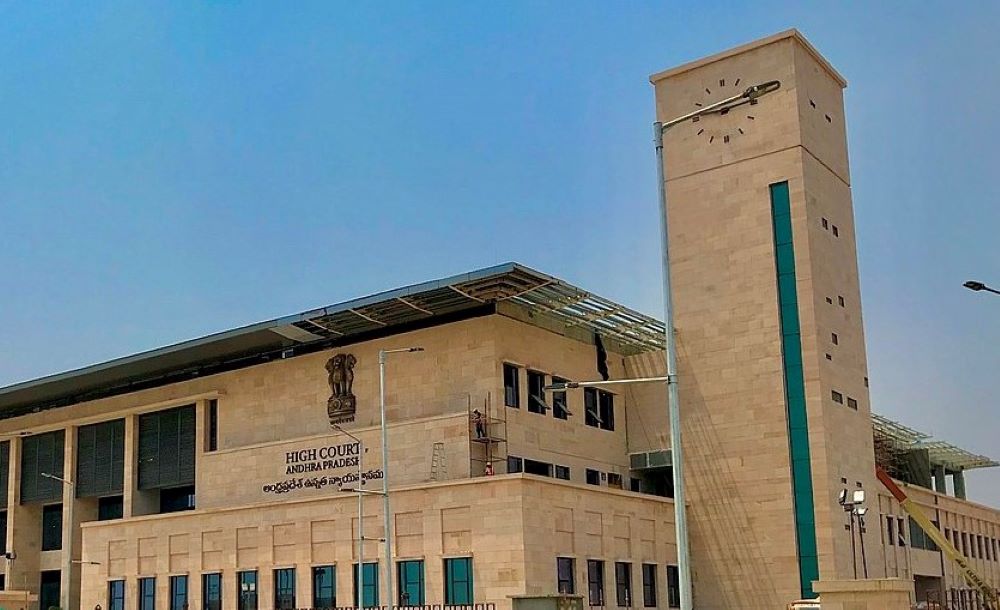LI Network
Published on: November 27, 2023 at 16:48 IST
The Andhra Pradesh High Court declared that a “paper apology” is insufficient in cases of contempt of court.
The court clarified that a “paper apology” is one lacking sincerity, remorse, regret, or repentance and is merely an attempt to evade legal consequences.
This decision came as the court found Mrs. M. Saraswathi, the Deputy Director of Tribal Welfare, guilty of contempt of court under Section 12 of the Contempt of Court Act, 1971 (CC Act).
The court had previously instructed the Deputy Director to consider a promotion request to the position of School Assistant (Maths), but she failed to comply and instead rejected the petitioner’s request.
In rejecting the offered apology, the court emphasized that an apology cannot serve as a defense, justification, or appropriate punishment for contempt of court. Justice Ravi Nath Tilhari, presiding over the case, stated, “Apology cannot be accepted in case it is hollow; there is no remorse; no regret; no repentance, or if it is only a device to escape the rigour of the law. Such an apology can merely be termed as ‘paper apology.'”
The contempt case against Deputy Director M. Saraswathi arose from her failure to comply with a court order dated August 14, 2019. Despite claiming to await clarification from the Director of Tribal Welfare, the Deputy Director did not adhere to the court’s order and rejected the petitioner’s request.
The court, noting that the Deputy Director had the necessary information to consider the petitioner’s case and that her delay was willful, found her apology lacking sincerity.
The bench observed that her actions were a deliberate attempt to subvert the court’s order, emphasizing that the purpose of contempt jurisdiction is to uphold the majesty and dignity of the courts of law.
Citing precedents such as Jhareswar Prasad Paul v Tarak Nath Ganguly [(2002) and Kapildeo Prasad Sah v State of Bihar, the court underscored that the power to punish for contempt of court is essential to maintaining the rule of law and an effective legal system.
The court concluded that there is a public policy element in punishing civil contempt, as disregarding court orders with impunity would undermine the administration of justice. Consequently, the court upheld the case.
Case Title: P. Satyanarayana Reddy v M. Saraswathi, Deputy Director, Tribal Welfare

